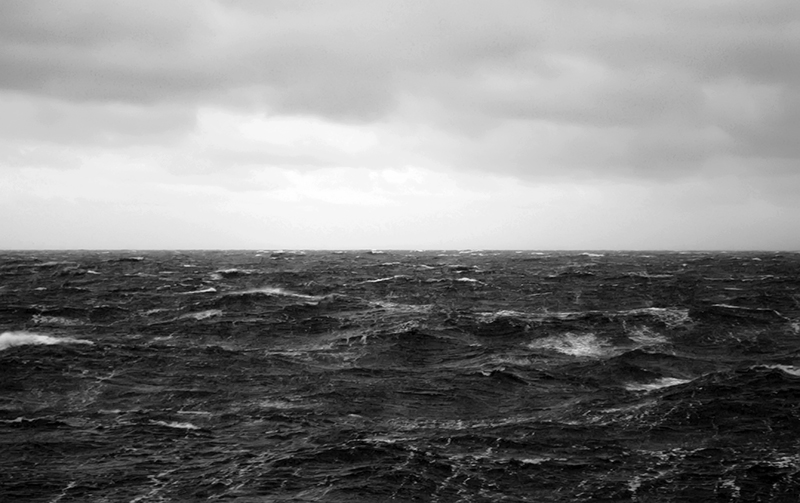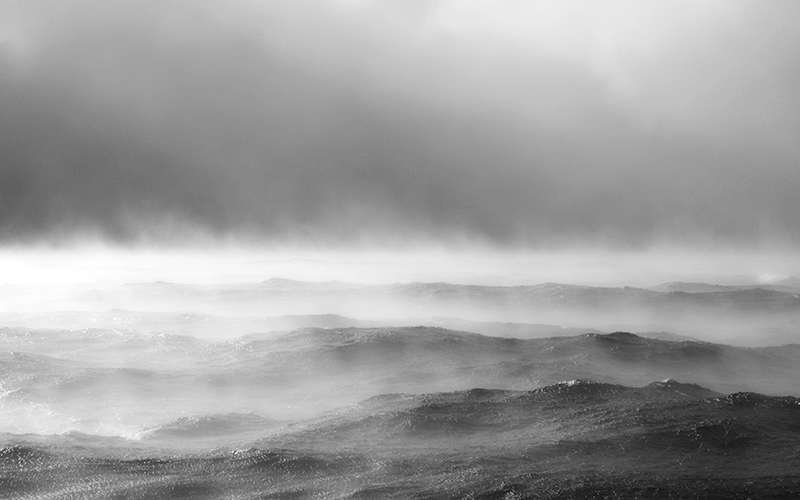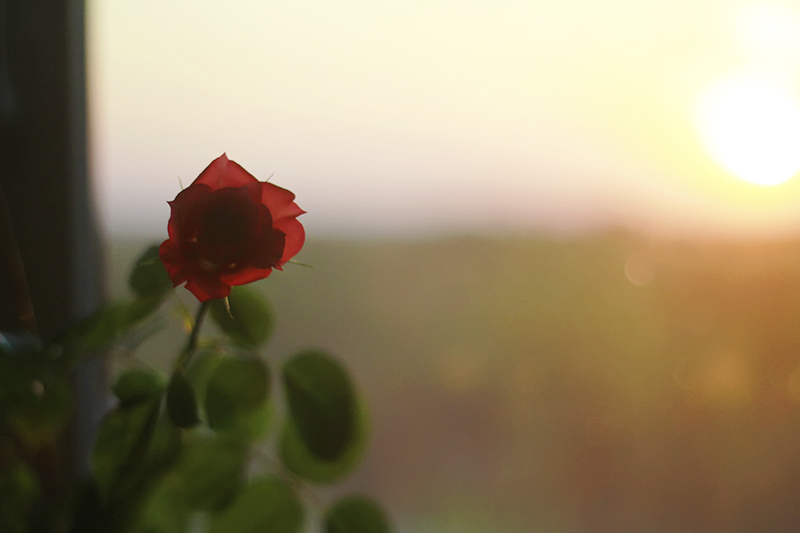The Sandbox / Одесская песочница
May. 29th, 2025 12:29 pmA powerful first-person story of volunteer resistance in Odesa during the first days of the full-scale invasion — where ordinary people became a single living organism, filling sandbags, singing in the rain under air raids, and holding the city together with bare hands and open hearts.
“They covered the city like angels with wings.”
📝 Оригинальный текст записи
Хочу рассказать о событиях начала 2022 года — о проявлении силы, единства и духа. Это то, о чём стоит написать книгу, пока воспоминания ещё живы.
С первых дней полномасштабного вторжения в Одессе появилось удивительное явление — «Песочница». Люди со всего города шли на пляж, чтобы наполнять мешки песком. Песок использовали для укрепления блокпостов, защиты подвалов от осколков. В хаосе первых дней было непонятно, куда идти, что делать? В военкоматах — очереди, разворачивались гуманитарные штабы, помощь шла со всего мира, но не хватало рук, чтобы её разгружать. Волны беженцев накатывались на город, а одесситы в панике покидали его. Никто не знал, что будет завтра.
Я узнал о Песочнице из соцсетей — без точного адреса. В один из дней, когда не было планов по разгрузке гумпомощи, решил поехать. Помню, как небо затянуло, шёл дождь со снегом. Я взял с собой упаковку перчаток, одел лыжную одежду и направился к морю. Тогда подъезды к пляжам ещё были открыты — я заехал на Трассу здоровья. Путь мне указывали люди, одетые примерно так же, как и я — все шли в одном направлении.
На пляже уже работали сотни людей. Кто-то с лопатами наполнял мешки — вручную и с помощью экскаватора. Кто-то завязывал и передавал их по живой цепочке. Это был настоящий живой организм. На обочине стояли женщины, угощавшие всех горячим масала-чаем, кофе, печеньем.
Люди были самые разные: актёры, певцы, учёные, спортсмены, студенты, бизнесмены, родители с детьми. Даже дети помогали завязывать мешки. Кто-то уставал и уходил, но на его место приходили новые. Работы хватало всем.
Машины — грузовики, микроавтобусы, легковые с прицепами — подъезжали одна за другой. Люди развозили мешки по блокпостам, кто на чём мог. Несмотря на погоду — морось, снег — машины загружались доверху. В перерывах пели песни, особенно когда с нами были оперные певцы. Мне запомнился один высокий парень с длинными волосами и мощным голосом одетый в байкерскую кожаную куртку — он заряжал всех вокруг.
После полудня приехала машина с обедом. Признаюсь, давно я так не радовался горячей еде на свежем воздухе. Помню, что еды хватило всем. Работа не останавливалась — всё шло по очереди. Машины продолжали прибывать.
Вы, наверное, подумаете, что всё это организовали военные или городская администрация? Нет.
За всем стояла 22-летняя девушка. С первых дней было два координатора, которые запрашивали информацию у военных частей, у городских структур — где и что нужно. У них были помощники, но основная нагрузка была именно на этих двух женщинах.
Усталости не чувствовалось. Время летело. Это было то самое время, когда вражеские корабли стояли на нашем рейде, артиллерийские орудия били по побережью, а вражеская авиация долетала почти до города. Но работа не прекращалась. Только песни, гимн — иногда — останавливали цепочку.
Навсегда врезался в память момент, когда мы стояли по колено в воде, а над нами — фронтовые бомбардировщики. Сирена, удары — а люди продолжают петь гимн.
Ещё три года назад мне хотелось описывать каждый день, проведённый в Песочнице. Там были новые лица, новые знакомства, улыбки сквозь слёзы, бесконечный поток машин. Потом я попал в военкомат. Мне сказали: ждите. Я ждал — и продолжал делать то, что делал. Потом начались ночные патрули города — об этом, возможно, расскажу когда-то.
История Песочницы для меня всё ещё незавершённая. Как сказал Борис Барский, эти люди укрыли Одессу мешками с песком, словно ангелы — крыльями.
Если вы когда-нибудь видели, как мешки грузят под Bon Jovi — It's My Life, — это происходило именно там.
Кстати, барабанщика в ту команду привёл я. Совершенно случайно. Идея возникла спонтанно — чтобы поднять дух. И, честно говоря, он сделал себе очень хорошую рекламу, для школы барабанщиков.
Позже та самая 22-летняя девушка основала благотворительный фонд. Я звал её Королевой Песочницы. В одиночку — нет, с командой. Но основа, энергия, координация — всё держалось на ней.
Все то единство, взаимовыручка, поддержка ,остались где-то позади, такого подъема национального единства не ожидал враг, по тому и споткнулся, едва успев переступить порог.
Эти события остались в прошлом. В сети — лишь ролики. В памяти — обрывки образов. Но во мне эта история всё ещё живёт.
Оставляю её здесь, в дневнике, как частицу себя.
I want to share a story from early 2022 — a story of strength, unity, and spirit. It’s the kind of story that deserves a book, while the memories are still alive.
In the first days of the full-scale invasion, something remarkable appeared in Odesa — “The Sandbox.” People from all over the city came to the beaches to fill sandbags. These bags were used to reinforce checkpoints and protect basements from shrapnel. In the chaos of those days, no one knew where to go or what to do. Military offices were overwhelmed, humanitarian aid poured in from across the world, but there weren’t enough hands to unload it. Waves of refugees rolled into the city as locals fled in fear. Tomorrow was a mystery.
I heard about the Sandbox on social media — no address, just a call. One day, when I had no plans to help with aid delivery, I decided to try it out. I remember the overcast sky, rain mixed with snow. I grabbed a pack of gloves, dressed in ski gear, and headed toward the sea. Back then, access to the beach was still open — I drove down the Health Trail. People in similar clothes were walking in the same direction, showing me the way.
Hundreds were already working on the beach. Some with shovels, others with excavators, filling sandbags. Some tied them and passed them along a human chain. It felt like a living organism. On the side, women offered hot masala tea, coffee, cookies.
There were all kinds of people: actors, singers, scientists, athletes, students, businesspeople, parents with children. Even kids helped tie the bags. Tired volunteers left, and new ones arrived — there was enough work for everyone.
Trucks, vans, and even cars with trailers came one after another. People delivered the sandbags to checkpoints in whatever vehicles they had. Despite the rain and snow, vehicles were loaded to the top. During short breaks, we sang — especially when opera singers were with us. I remember one tall guy in a leather biker jacket with long hair and a powerful voice — he lifted everyone's spirits.
After noon, a van arrived with lunch. Honestly, I hadn’t been that happy about a hot meal in the open air in a long time. There was enough food for all. The work didn’t stop — everything moved in shifts. The vehicles just kept coming.
You might think this was all organized by the military or the city? No.
It was all led by a 22-year-old girl. From day one, two main coordinators handled requests from military units and local authorities. They had helpers, but the core of the coordination rested on them.
We didn’t feel tired. Time flew. At that time, enemy ships still loomed on the horizon, artillery shelled the coastline, and enemy aircraft approached the city, dropping bombs and missiles. But the work never stopped. Only songs and the national anthem could momentarily pause the human chain.
One moment I’ll never forget — we were standing knee-deep in sand and water when two enemy bombers began striking nearby. The air raid sirens wailed, explosions echoed, and people kept singing the anthem.
Three years ago, I dreamed of writing about every day spent in the Sandbox — new faces, new stories, smiles through tears, and an endless stream of vehicles. Later, I ended up at the draft office. They told me to wait. So I waited — and kept doing what I was doing. Eventually, I joined nighttime city patrols. But that’s another story.
To me, the story of the Sandbox is still unfinished. As Borys Barsky said, “These people covered Odesa with sandbags like angels with wings.”
If you’ve ever seen people load sandbags to the sound of Bon Jovi’s It’s My Life — that was us.
By the way, I brought the guy with the drums. Pure coincidence. The idea came up on the fly — to boost morale. And, honestly, it ended up being great promo for his drum school.
Later, that same 22-year-old girl founded a charitable foundation. I called her the Queen of the Sandbox. She wasn’t alone — there was a team. But she was the heart, the energy, the anchor of it all.
All that unity, mutual aid, and support — it faded somewhere into the past. The enemy never expected such a powerful national awakening. That’s why they stumbled at the gate.
Those days are behind us. Just clips online now. And fragmented memories.
But inside me, this story still lives.
I leave it here — as a part of myself.


